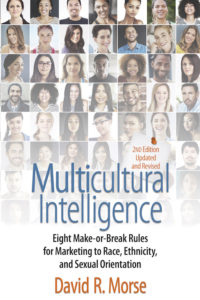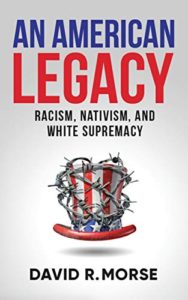We’re always happy to report on multicultural research that someone else has done, especially when they’ve done it right. That is, a report that’s not just strung together observations and assumptions.
Gabriel Acevedo, sociology professor at St. Mary’s University in San Antonio, told the Texas Standard radio show that political scientists and strategists to marketers, when trying to figure out how to reach Latinos don’t actually ASK Latinos directly about their preferences. And not surprisingly that leads to a pile of misconceptions. Acevedo just released the report “Latinos in America” based on responses from 2,500 self-identified Hispanic Latinos, and learned some things that marketers and demographers ought to know. And he did it by asking questions. Some of the key takeaways from the survey squash some myths – though surely not myths that those familiar with New American Dimensions hold – including:
– Evangelicals are not just suburban white Americans or rural Southern Americans. Rather, the highest share of self-proclaimed evangelicals is actually found among Latinos, not whites. The survey found that, while Latinos are still majority Catholic, a large and growing contingent are evangelicals.
– Dispelling the notion that White Americans are conservative, African Americans and Latinos are liberal, Acevedo found that many Latinos’ political support is up for grabs. They are not committed to either party.
The biggest conclusion, Acevedo told Texas Standard is that “Hispanic’ is a complicated term. I see many of you nodding your head in agreement.
“We know that, for instance, Cuban Americans in parts of South Florida, parts of New Jersey, are much more conservative Republican than maybe Puerto Rican Latinos living in New York City. That diversity within the Hispanic Latino community also gives this political diversity.”
Acevedo added that Latinos, not unlike other American groups, tend to align their social and political views according to age cohort. That is, on hot button issues like abortion, same-sex marriage and gun control, Latino millennials are more likely to hold progressive views than their parents. Not shocking, of course, but you would be surprised at how many marketers are surprised by findings like this.
One thing the survey didn’t account for was generational status. That is, whether being first, second, or third generation affects the views of Hispanic Americans. But New American Dimensions has covered that topic. Nothing wrong with a little shameless self-promotion now and then.
(Photo credit: KUT)



